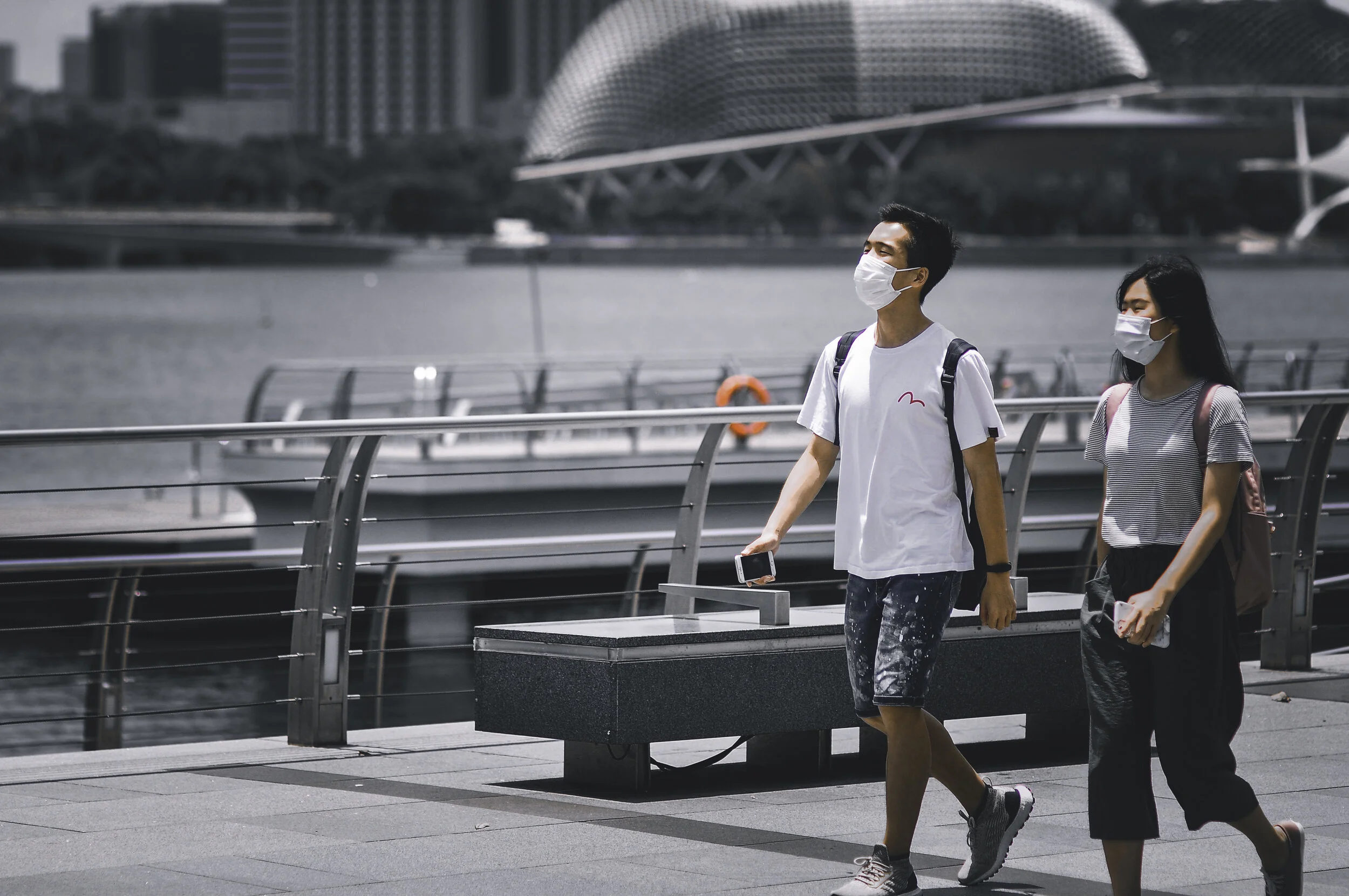A letter was signed by more than 100 public health, medical, research, legal and science organizations asking the Trump administration to reverse a new policy that directs hospitals to report COVID-19 patient data to the U.S. Department of Health and Human Services (HHS).
The HHS claims that this new requirement has been released with the support of the Centers for Disease Control and Prevention.
Though experts have voiced their concerns that this new practice would sideline public health policy in favor of politics.
The letter mentioned that the administration’s abrupt decision to create a different data collection procedure bypassing the CDC as the data recipient on hospitalized patients is alarming.
It would undermine efforts to control the pandemic when COVID-19 cases and hospitalizations are rising across the country.
The letter signers have urged COVID-19 task force leaders Dr. Deborah Birx and Vice President Mike Pence along with HHS Secretary Alex Azar, to maintain transparency while recording the coronavirus patient data and making it widely available.
The letter mentions that COVID-19 data collection and reporting should be done in a transparent manner without politicizing it. These data are necessary for informing an effective response to the pandemic and establish public trust in the response.
HHS didn’t offer any firm timeline as to when hospitalization data would be available to the public. Thought it mentioned that the CDC would have access to the information. But just last week, a widely used CDC dashboard was briefly missing from the agency’s website. It reappeared a day and a half later.
Creating a siloed data reporting system can make it tough for jurisdictions to capture an accurate picture of the pandemic. This can limit visibility across neighboring states and localities.
Reliable, timely, and comprehensive data is essential to monitor and evaluate the state of the pandemic. It is helpful in informing an effective response and leads to the distribution of essential supplies and treatment, mentions the letter.

